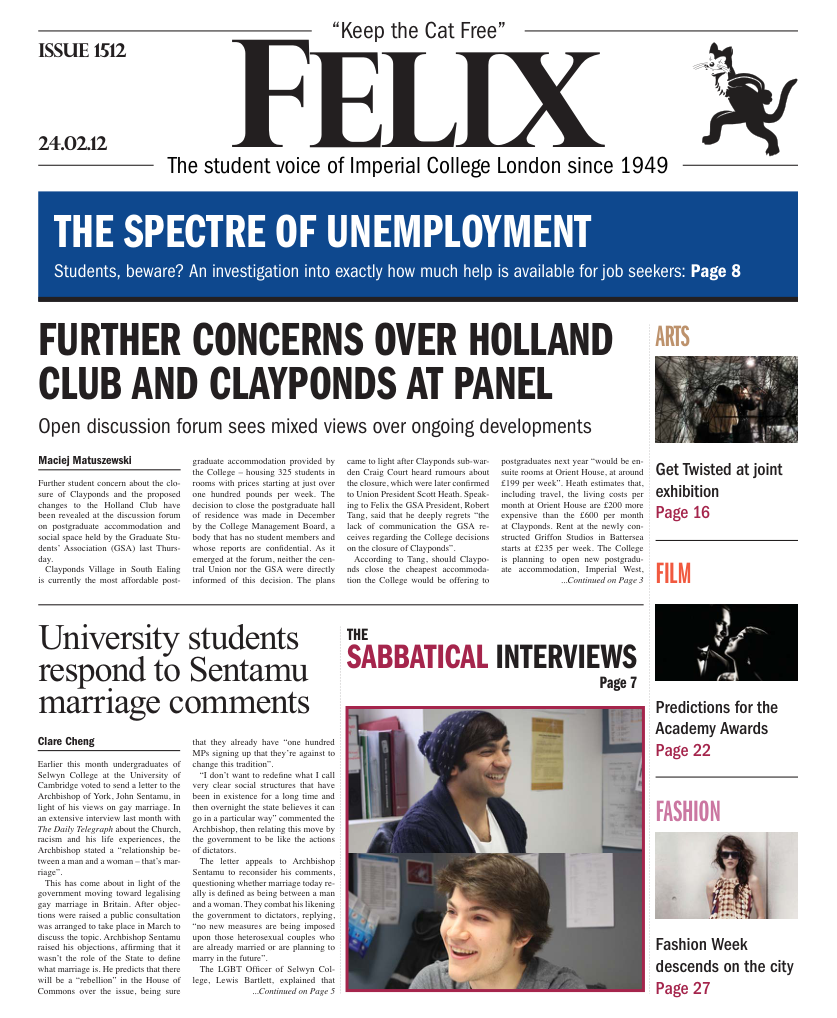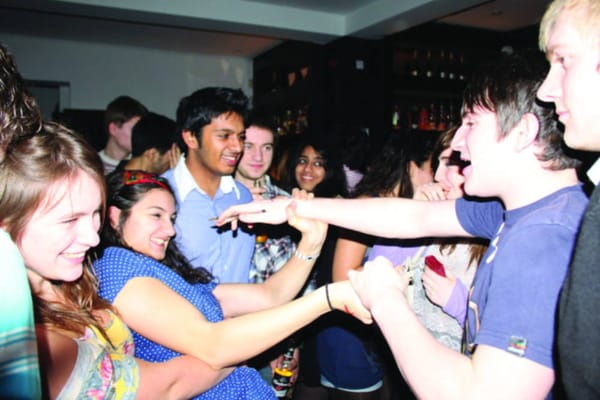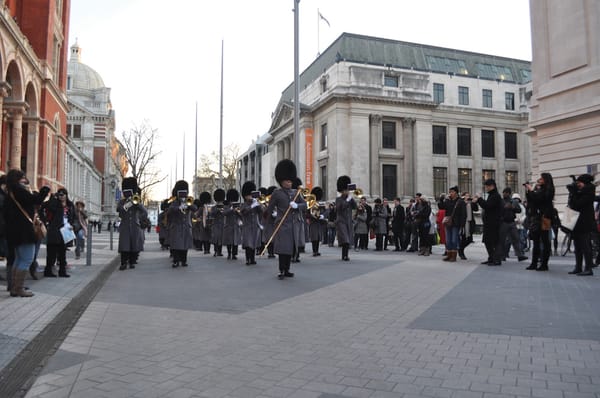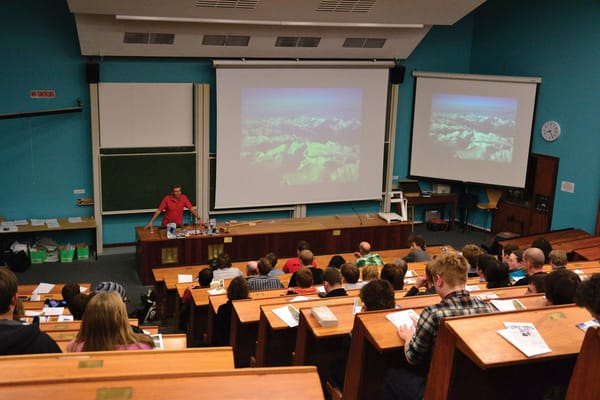University students respond to Sentamu marriage comments
Archbishop “hides behind banner of preserving tradition” over gay marriage statement
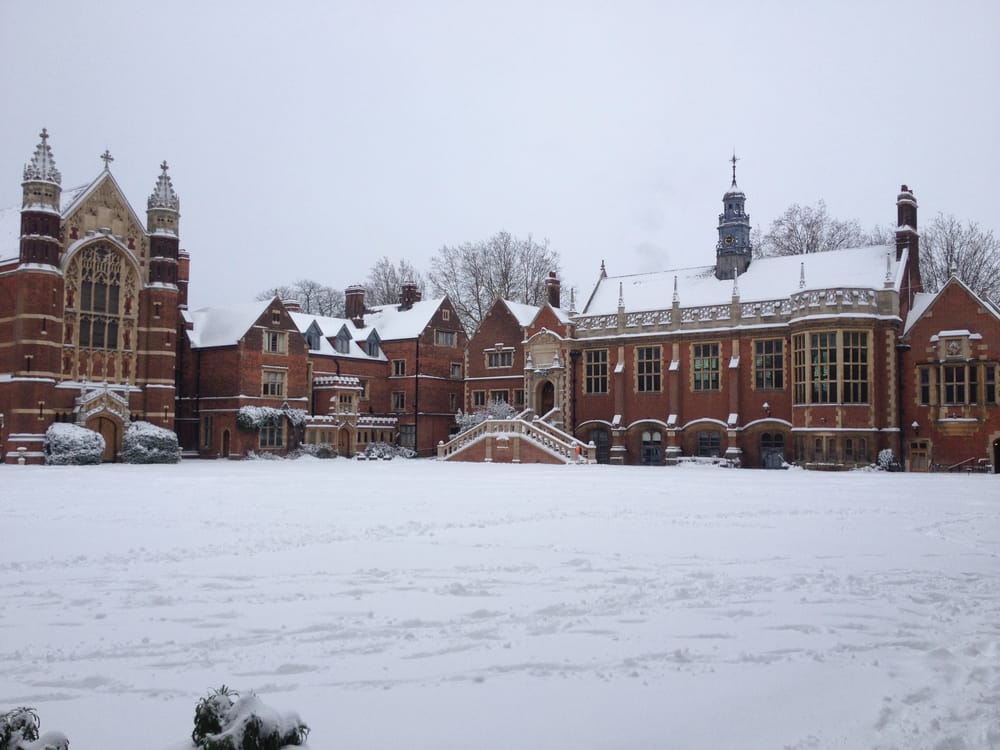
Earlier this month undergraduates of Selwyn College at the University of Cambridge voted to send a letter to the Archbishop of York, John Sentamu, in light of his views on gay marriage. In an extensive interview last month with The Daily Telegraph about the Church, racism and his life experiences, the Archbishop stated a “relationship between a man and a woman – that’s marriage”.
This has come about in light of the government moving toward legalising gay marriage in Britain. After objections were raised a public consultation was arranged to take place in March to discuss the topic. Archbishop Sentamu raised his objections, affirming that it wasn’t the role of the State to define what marriage is. He predicts that there will be a “rebellion” in the House of Commons over the issue, being sure that they already have “one hundred MPs signing up that they’re against to change this tradition”.
“I don’t want to redefine what I call very clear social structures that have been in existence for a long time and then overnight the state believes it can go in a particular way” commented the Archbishop, then relating this move by the government to be like the actions of dictators.
The letter appeals to Archbishop Sentamu to reconsider his comments, questioning whether marriage today really is defined as being between a man and a woman. They combat his likening the government to dictators, replying, “no new measures are being imposed upon those heterosexual couples who are already married or are planning to marry in the future”.
The LGBT Officer of Selwyn College, Lewis Bartlett, explained that the students were stirred because “[the Archbishop] is in some respects a representative of the college”. There was a widespread outcry amongst the majority of undergraduate students at the University, showing their dismay at an advocate of their institution “promoting discrimination”. Through engaging in the public discussion Selwyn College have shown that Archbishop Sentamu’s views are in the minority, the majority of which support complete marriage equality.
Gay marriage is long overdue and it’s not happening overnight Alfredo Carpineti – IQ President
Alfredo Carpineti, President of IQ, Imperial’s LGBT Society, commented on the Archbishop’s interview, seeing him as “hiding behind the banner of preserving tradition and history”. Carpineti insists that following this view would have meant, “women wouldn’t be allowed to vote, the slave trade would still be legal and most of the advances in Science, Technology and Medicine wouldn’t exist”.
He concludes that, “gay marriage is long overdue and it’s not happening overnight. I long for the day in which discrimination of gender identity and sexual orientation is no more. I cannot wait for IQ, the Imperial College social club that I represent to become redundant: until we are all equal nobody is really equal”.
However, the former Archbishop of Canterbury Lord Carey agrees with Archbishop Sentamu, but goes one step further, declaring “[we] cannot allow this act of cultural and theological vandalism to happen”. This view appears to also be backed by an alliance of Bishops, Tory MPs and other legal figures. Lord Carey informed press at the launch of Coalition of Marriage that he was worried and disappointed at the Cameron’s move to redefine the nature of marriage. “The government has no mandate from the people to redefine marriage”, he assured, continuing to say his gay friends felt “uncomfortable” and “exploited”.
Both Archbishop Sentamu and Lord Carey both put emphasis on the fact that this issue is not about same-sex relationships, the Archbishop stating “I support civil partnerships”. The big breakthrough of 2005 gave same-sex couples many of the same rights as heterosexual ones, such as custody of children, social security, and inheritance. However currently same-sex couples cannot be married in the same sense as heterosexual couples.
Britain seems to be behind the times in this respect as for example some states in the US have legalized same-sex marriages. The most recent state to join this group is Washington. Governor Christine Gregoire signed the new bill this month, saying, “I’m proud our same-sex couples will no longer be treated as separate but equal”. This came about just before the Governor of New Jersey vetoed a bill for the same cause, despite it being cleared by the state Senate, renewing a call for a referendum. Democrats supporting the bill were disappointed at this move, arguing gay marriage to be a civil right that should not be subject to referendum.
Even in a country where Christianity has more influence same-sex marriage has been legalized in seven states. However seven out of the fifty states still shows that there is a long way to go in the ‘land of the free’. Over time the UK has become an increasingly secular society, so why should the meaning of the word marriage be isolated just to that of being between a man and a woman? The meaning of marriage has already changed over time with the changing of society. Previously marriage used to be for status, family honor and politics (as pointed out in the letter by Selwyn College). Today the majority of people marry because they are in love, no matter their religion, race, or social background. So why is it that same-sex couples in Britain today cannot do this also?

